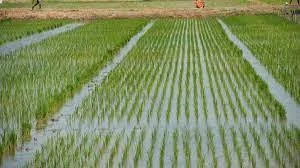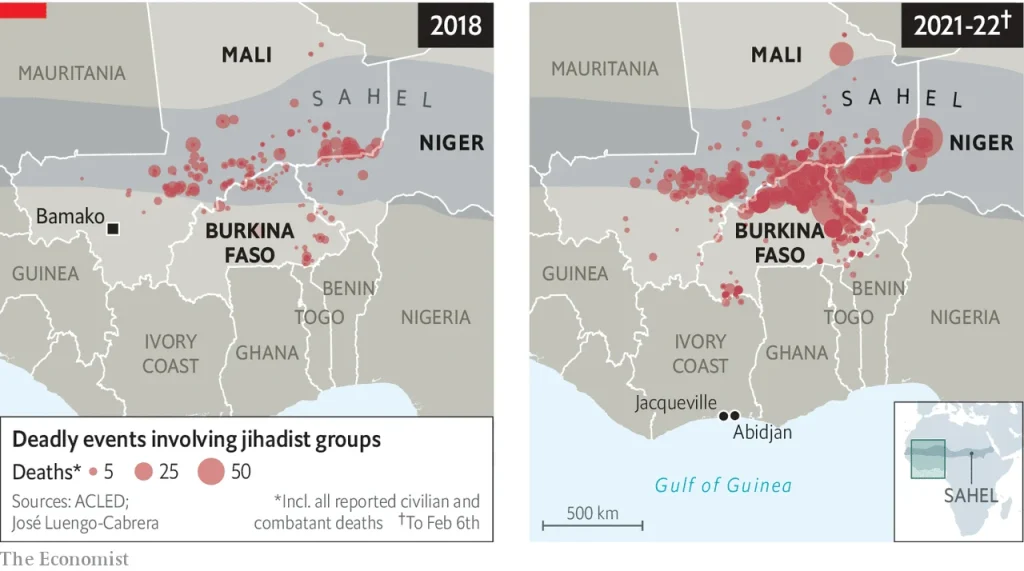 Today, Nigeria’s government announced a significant $500 million investment in rice production. This initiative aims to enhance food security, reduce dependence on rice imports, and stimulate economic growth through job creation in agriculture.
Today, Nigeria’s government announced a significant $500 million investment in rice production. This initiative aims to enhance food security, reduce dependence on rice imports, and stimulate economic growth through job creation in agriculture.
Focus on Food Security
The investment aligns with Nigeria’s broader goal to increase domestic food production. Officials stated that the $500 million allocation will be directed toward modernizing rice farming infrastructure, including improved irrigation systems, high-quality seeds, and fertilizers. The project is also expected to enhance rice storage facilities to minimize post-harvest losses, ensuring a stable supply chain from farms to markets.
Reducing Import Dependency
Nigeria has been one of Africa’s largest rice importers, a factor that has impacted its economy. The government’s new strategy aims to increase domestic rice output and reduce the nation’s reliance on foreign imports, particularly from Asia. The central government has set a target to achieve self-sufficiency in rice production within the next five years. According to Minister of Agriculture, this initiative will bolster Nigeria’s rice production to meet domestic demand and potentially create surplus for export.
Job Creation in Rural Areas
The investment is also expected to generate significant employment opportunities in Nigeria’s rural communities. With agriculture being a major contributor to the Nigerian economy, the government projects that the initiative will create thousands of new jobs in rice farming and related industries. Additional training programs will be launched to equip local farmers with advanced rice farming techniques, ensuring a sustainable increase in productivity.
Infrastructure and Technological Advancements
The $500 million investment will also support infrastructure development for rice mills, road networks, and mechanized farming tools, aiming to improve access to markets and enhance the efficiency of the rice supply chain. Additionally, the project will incorporate digital tools, such as mobile-based farm management applications, to assist farmers in monitoring crop health and maximizing yield.
Stakeholder Reactions
Agricultural stakeholders have lauded the initiative, expressing optimism that it will positively impact both local economies and Nigeria’s food security landscape. With this investment, Nigeria joins other African nations working to increase local food production and reduce dependency on imports amid rising global food prices.
This ambitious investment represents a major step toward Nigeria’s goal of achieving food independence, benefiting millions of Nigerians who rely on rice as a staple food. The government has emphasized that they will monitor and evaluate the project’s progress to ensure it achieves its intended outcomes.




















